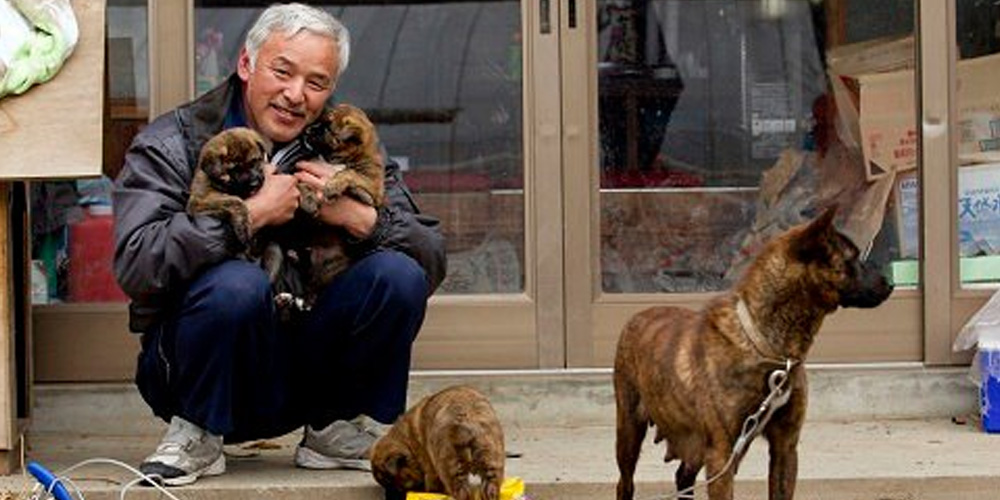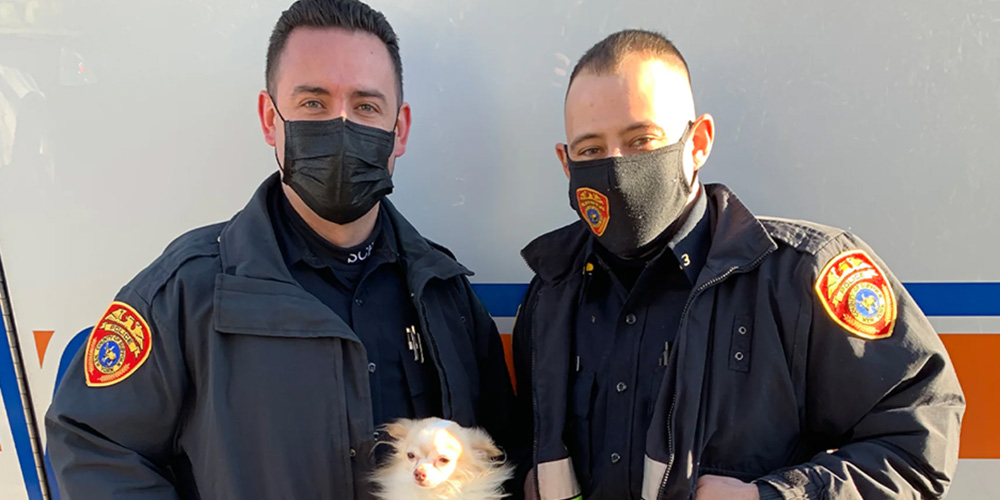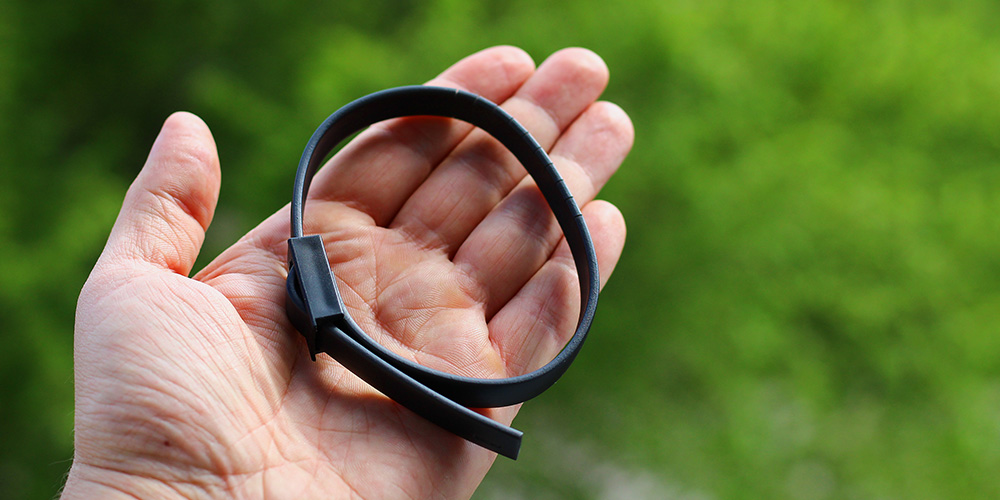When the tragic tsunami hit the Fukushima prefecture in 2011, the inhabitants around the Fukushima nuclear power plant and surrounding areas were told to drop everything and run as if their lives depended on it – because they did.
Most of the region and the plant itself were destroyed, and ten years have been spent decommissioning and deconstructing the plant which had spilled radiation into the air and sea. Despite all of this, two heroes decided to put their faith into their love of animals and remain with their furry friends. Naoto Matsumura and Sakae Kato placed all of their hopes, dreams – and lives, literally – into protecting the animals of Fukushima.
While only 14,000 people live in the reopened sections, outside of the dangers of radiation as we know it, Matsumura and Kato chose to stay within the 12.5 mile exclusion zone. The pair are unrelated to each other, yet have the same goals in mind; to care for the hundreds of stray animals who were left behind during evacuation.
Both Reuters and DW have discovered that 57-year-old Kato stays with his 41 cats inside his home. Based in the mountains, he and his adopted dog, Pochi, have been taking care of the animals within the exclusion zone since the evacuation was implemented. Kato even goes as far as to feed the wild boars around his home – who are usually considered pests by the government.
Meanwhile, Matsumura had initially left his home alongside the other evacuees. However, he soon returned to fetch his beloved animals, and realized that many of the other pets had been left behind during the disaster. Instead of leaving the defenseless pets to their own survival, he took it upon himself to care for them.
He earned himself the moniker of “Guardian of Fukushima’s Animals” when he returned and noticed dogs and other pets who had been left to starve. He then put himself to work unchaining the animals, letting farm animals out of their barns and enclosures, and then working to help feed and care for the abandoned pets.
It was soon requested that he return, by family and friends, but instead Matsumura decided he would stay. He cites some of the reasons why he continues to stay as the risk of contamination to his family, and problems with finding a place to stay within the refugee camps. Aged 55, he now cares for the wide range of animals within the evacuation zone, including dogs, cots, cows, ostriches, pigs and horses.
Due to his old age, he seems not to care for his other name of being “the most irradiated man in the country” by JAXA – the national space agency. It is believed that it will take roughly 30 to 40 years before the irradiation affects his biology, at which point he will have most likely passed. Both men have been asked to leave by government officials, though they still refuse, in order to care for their animals.
The pair currently life off-grid, being powered through solar panels, and Matsumura keeps in contact with family and friends through regular updates via his blog.





